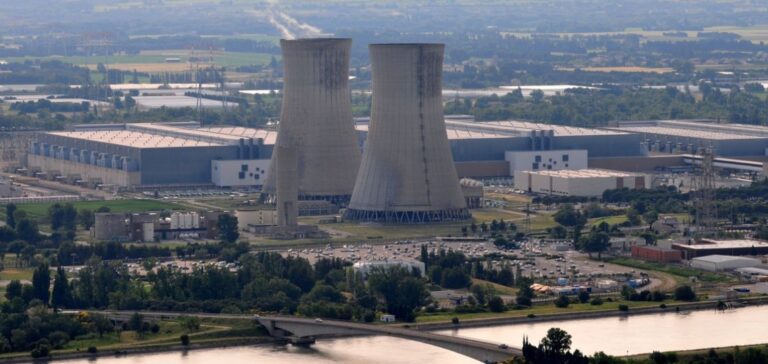Nuclear power, once ostracized in climate debates, is enjoying an unexpected revival. In the run-up to COP28, Rafael Mariano Grossi, Director of the International Atomic Energy Agency (IAEA), highlights a significant change in attitude. Countries that harness nuclear power, once reluctant to discuss it at climate conferences, are now preparing to assert their pro-nuclear stance with pride.
Nuclear Evolution and Expansion
Although nuclear power is making progress, it is still insufficient to meet the climate targets set by the Paris agreements. Despite notable developments in the USA, Europe, China and even Africa, with Egypt at the forefront, the reality remains bleak. With only 7 gigawatts (GW) of additional capacity gained this year and 4GW last year, the world is far from the doubling or even tripling of nuclear capacity needed to achieve carbon neutrality by 2050.
Challenges and prospects
The road to a nuclear future is full of pitfalls. Political obstacles, particularly within the EU, and financial challenges are major barriers. COP28 in Dubai promises to be crucial, with France and other countries seeking to rally some forty states to the idea of tripling nuclear production capacity by 2050. This ambition, while laudable, raises questions about the feasibility and environmental and safety implications of such an expansion.
The nuclear renaissance, while promising, remains a complex journey. Current progress is encouraging, but falls short of global climate expectations. COP28 could be a decisive turning point, determining the future of nuclear energy in the fight against global warming.






















